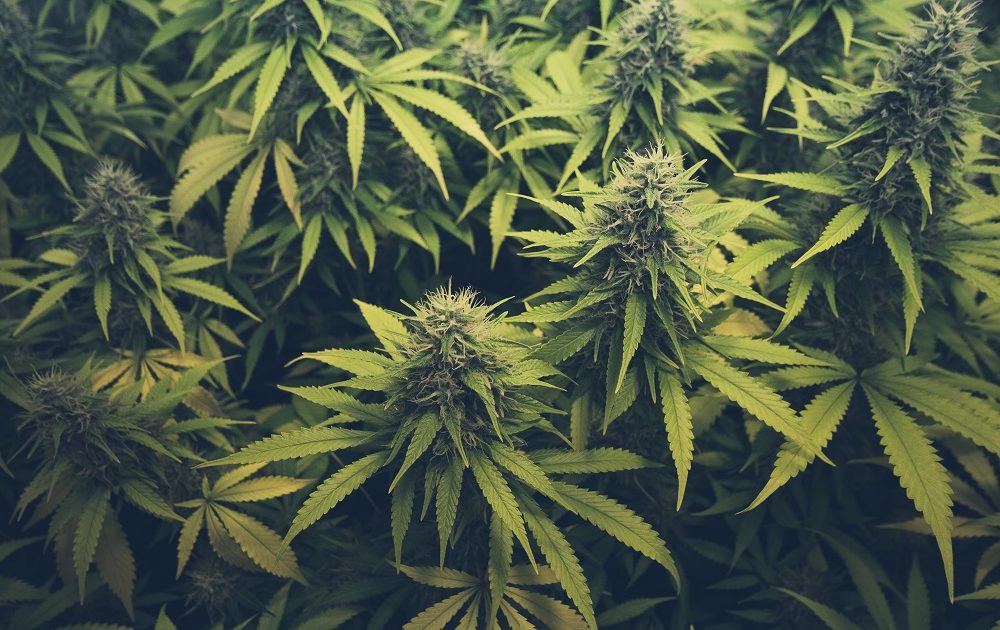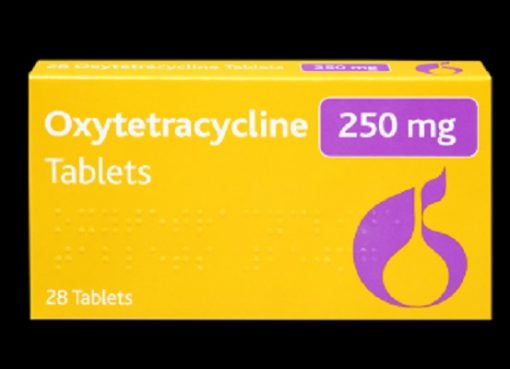The rules governing medical cannabis in Utah differ from those governing the same industry in New York. Going one step further, all of the laws in the thirty-six states with medical cannabis programs differ to some degree. No two state laws are identical. You might wonder why this is. And if so, you might also wonder if cannabis regulations are best left to the states.
America’s medical cannabis laws are what they are due to our constitutional republic form of government. Under our system, the states enjoy some measure of sovereignty. That sovereignty is granted to them by the Constitution, which explicitly states that any powers not given to the federal government by the Constitution are automatically given to the states.
This is why each state issues its own driver’s license. It’s why individual states regulate everything from car insurance to building codes. However, there is one difference when it comes to cannabis. It is illegal under federal law. States choosing to exercise their sovereignty are also choosing not to recognize federal regulations related to this particular issue.
A Lack of Uniformity
Let us assume, for the sake of this post, that the federal government decriminalizes marijuana in the coming months. Washington and the states would then have to determine who gets to control the cannabis industry. The country underwent something similar when prohibition was repealed in 1933.
Those who would prefer federal control would probably cite a lack of uniformity in state laws as a driving factor. And as you know, medical cannabis laws can vary drastically from one state to the next.
In Utah, for example, medical cannabis patients cannot smoke marijuana. They can go into Pure Utah to buy flower – Pure Utah is a Payson cannabis pharmacy – but they cannot turn around and smoke it. The law is different in Oklahoma. There, patients can smoke it if they so desire.
A lack of uniformity makes it difficult for patients to know where they stand outside of their own states. It also makes it difficult for companies in the cannabis industry to determine how to conduct business in multiple states. That may actually be a good thing.
Less Centralized Control
The main case against federal control is that of centralization. Whenever large portions of a single industry fall under the purview of federal regulation, centralization tends to cause problems. It leads to bureaucracies, unnatural market influences, and a whole host of other problems.
If you need any evidence, look no further than the airline industry. It is a mess right now. It has been a mess for decades. That is due mainly to years of centralized control. Washington rarely improves things when they insert themselves into an industry. It is hard to imagine federal control of medical cannabis being any different.
On the other hand, allowing states to determine their own medical cannabis destinies means fewer Washington bureaucrats getting involved in industries they know nothing about.
Freedom Can Be Inconvenient
Knowing what we know about centralization and state sovereignty, honesty demands we admit that neither system is perfect. Turning things over to the federal government for centralized control means giving up a certain amount of freedom. Maintaining freedom through state sovereignty creates a certain amount of inconvenience.
The question is this: do we prefer centralized control and the loss of freedom over state sovereignty with a little bit of inconvenience? We may have to answer that question sooner than expected. We may have to decide, within the next few months, whether or not medical cannabis regulations are best left to the states.





